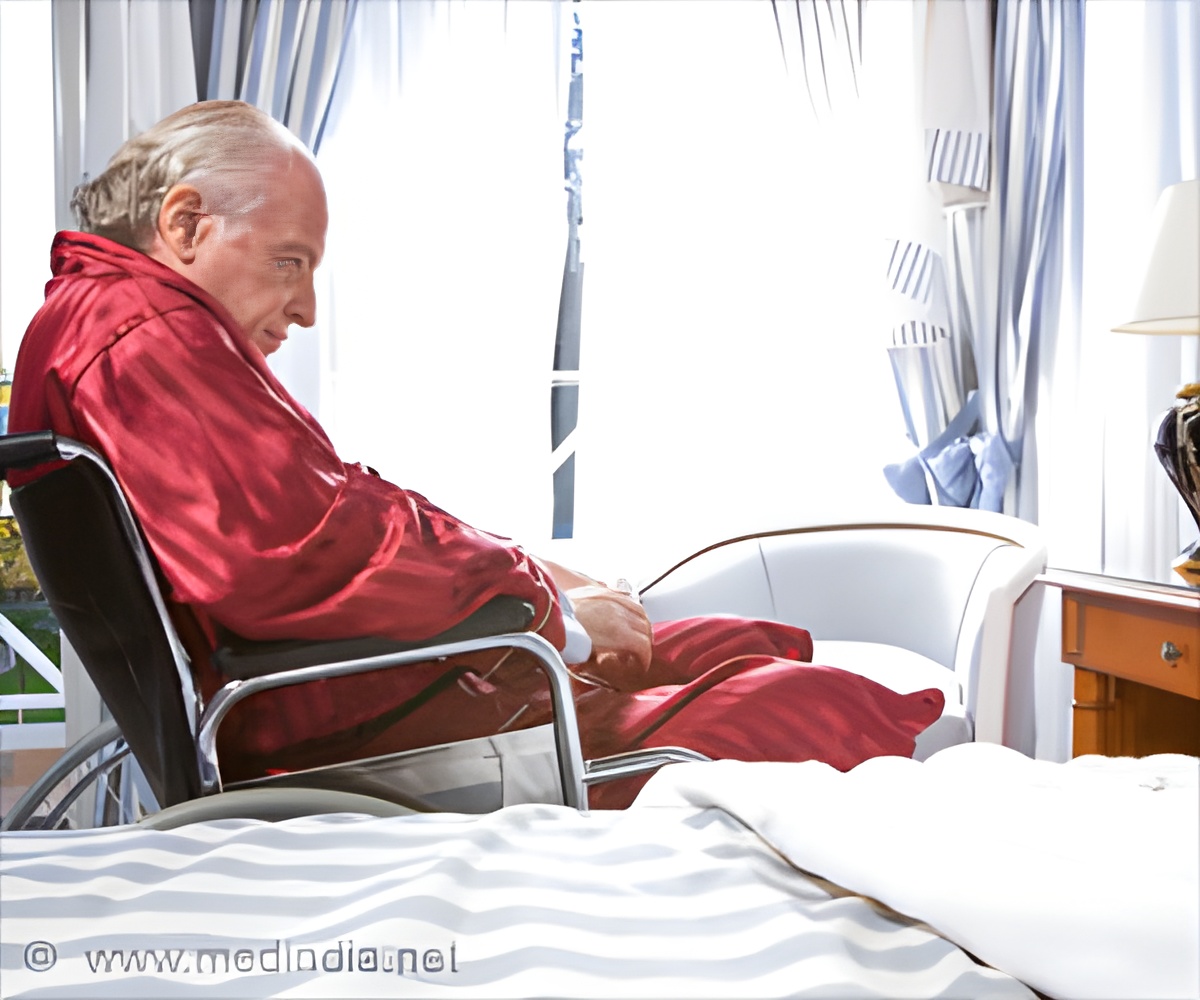A patient who reports they can walk with an assistive device but actually requires human assistance to walk is likely to to fall if they go home alone.

"A patient who reports they can walk with an assistive device but actually requires human assistance to walk is likely to be bed-bound or to fall if they go home alone," Platts-Mills explained.
In the study, only 77 percent of participating patients accurately assessed their ability to perform tasks. Of patients who said they could perform the assigned tasks without assistance, 12 percent required some assistance or were unwilling to complete the tasks. Of those who said they could perform the task with a cane or walker, 48 percent required either human assistance or were unable to perform the task. Of those who said they could perform the task with human assistance, 24 percent were unable to perform the task even with someone helping them.
The tasks assigned were getting out of bed, walking 10 feet and returning to bed. The findings appeared in the Annals of Emergency Medicine.
Source-IANS











